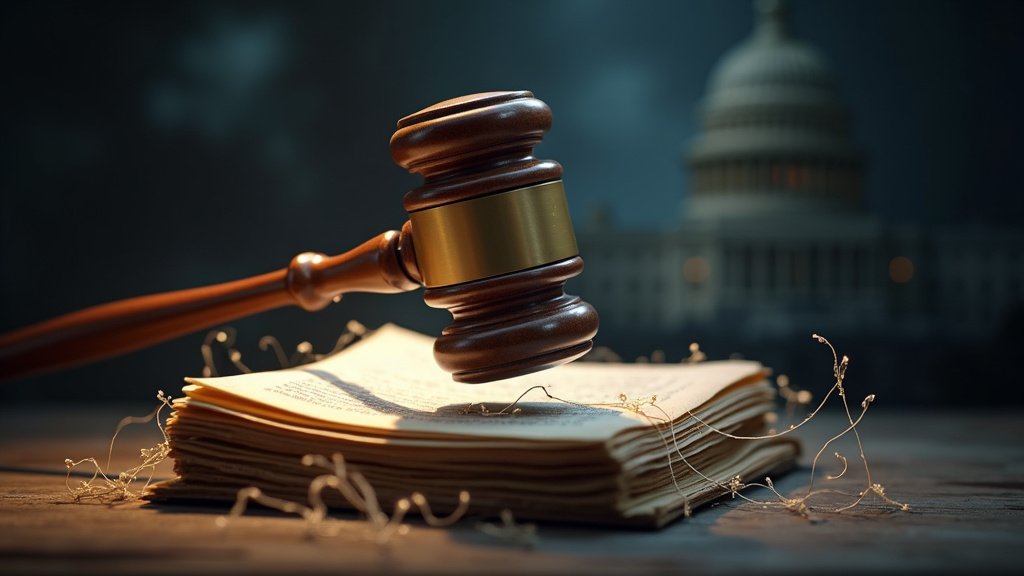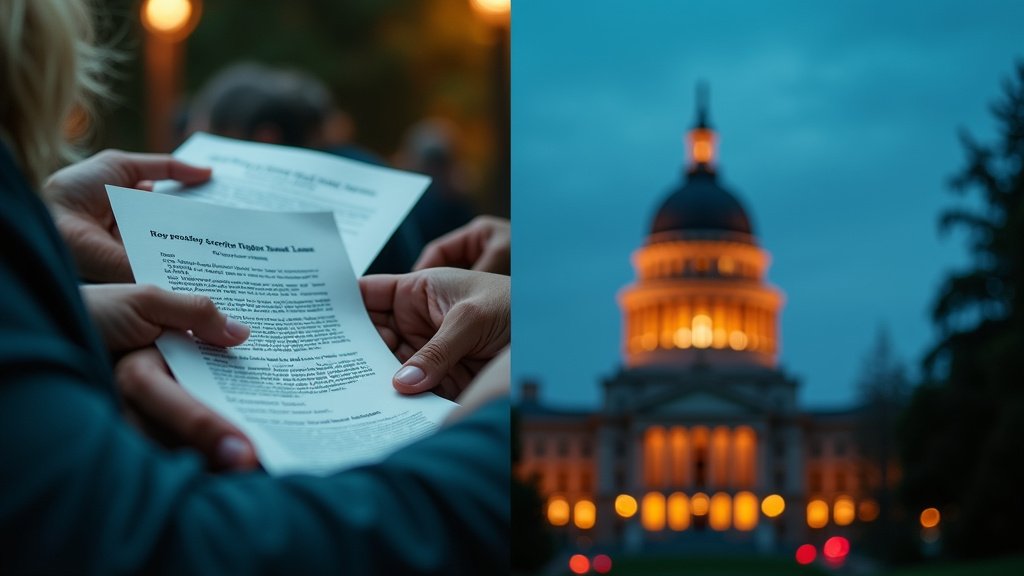Student Loan Forgiveness is at the heart of a significant legal battle as Oregon and a coalition of 21 other states have filed a lawsuit challenging new federal regulations that restrict eligibility for the Public Service Loan Forgiveness (PSLF) program. The states argue these rules are unlawful and politically motivated, aiming to block implementation of new federal loan restrictions finalized by the U.S. Department of Education. These changes could deny crucial Student Loan Forgiveness to millions of public sector workers. The PSLF program, designed to incentivize careers in government and nonprofit sectors, forgives federal student loans after 10 years of qualifying service and on-time payments, representing a key aspect of accessible Student Loan Forgiveness.
Challenging the ‘Substantial Illegal Purpose’ Clause for Student Loan Forgiveness
The core of the dispute centers on a new federal rule that grants the Education Department the authority to deem certain government and nonprofit organizations ineligible for the PSLF program if they are found to have a “substantial illegal purpose.” The Trump administration argues this measure is necessary to prevent taxpayer funds from subsidizing organizations that engage in illegal activities or work against national security and American values, impacting the broad landscape of Student Loan Forgiveness. This move has sparked concerns about the future of public sector loan relief.
However, the coalition of states, led by Attorneys General from Oregon, Massachusetts, California, and Colorado, asserts that the rule is vague, arbitrary, and represents an overreach of federal authority. The Oregon lawsuit claims the definition of “substantial illegal purpose” is narrowly tailored to target organizations and activities disfavored by the administration, rather than genuinely addressing illegal conduct, a significant concern for Student Loan Forgiveness advocates and those seeking PSLF program eligibility.
Specifically, the contested definition includes activities such as supporting undocumented immigrants, providing gender-affirming health care to transgender youth, promoting diversity, equity, and inclusion (DEI) initiatives, and engaging in political protest, raising questions about the future of Student Loan Forgiveness for affected individuals and the broader scope of higher education policy.
Oregon’s Stand and the Importance of Public Service Loan Forgiveness
Oregon Attorney General Dan Rayfield voiced strong opposition to the new regulations regarding Student Loan Forgiveness, stating, “This is not only illegal, but also deeply troubling. It gives the federal government the power to decide which public servants ‘count’ based on politics.” Rayfield emphasized that for the state of Oregon, the PSLF program is a crucial tool for recruiting and retaining its employees, many of whom carry student debt. He added, “Oregonians who dedicate their careers to public service — teachers, nurses, firefighters and countless others — shouldn’t lose their benefits because of who they work for or what their community stands for.” This highlights the personal impact of potential changes to this vital loan forgiveness program.
The PSLF program was established to encourage individuals to enter public service fields, where salaries are often lower than in the private sector, by offering them the prospect of loan forgiveness. The program has been instrumental in allowing over one million public servants nationwide to pursue careers in essential fields such as education, healthcare, and public safety, demonstrating the value of this Student Loan Forgiveness initiative and its role in public sector loan relief.
Broad Coalition and Potential Consequences for Student Debt
The lawsuit, filed in the U.S. District Court for the District of Massachusetts, is joined by Attorneys General from numerous states, including Arizona, Connecticut, Delaware, Hawaii, Illinois, Maine, Maryland, Michigan, Minnesota, Nevada, New Jersey, New Mexico, Rhode Island, Vermont, Washington, Wisconsin, and the District of Columbia. In addition to the states, a separate coalition of major U.S. cities, labor unions, and nonprofit organizations has also filed legal challenges against the new rule, underscoring the widespread concern about the impact on public sector workers and their student debt, particularly concerning the federal loan restrictions.
Plaintiffs argue that the rule gives the Education Department “unfettered discretion” to target specific state policies or social programs, potentially leading to severe staffing shortages, higher turnover, and increased costs for states attempting to maintain essential services. The broad definition of “substantial illegal purpose” could also create a “chilling effect” on organizations and deter borrowers from entering public service even before the rule takes full effect on July 1, 2026, potentially limiting access to future student loan relief and impacting PSLF program eligibility.
Administration’s Defense and Future of PSLF
Education officials have defended the new regulations, with Under Secretary Nicholas Kent stating it was “unconscionable that the plaintiffs are standing up for criminal activity.” The administration asserts that the rule aims to strengthen the program’s integrity by ensuring that only borrowers employed by organizations engaged in lawful activities and legitimate public service remain eligible for loan forgiveness program benefits. This defense comes amidst the ongoing debate surrounding the Trump administration rules.
Critics, however, argue that the Trump administration is weaponizing the PSLF program for political retribution and is illegally undermining a vital resource for Student Loan Forgiveness. The legal challenges, including the Oregon lawsuit, represent a significant effort to protect the promise of loan forgiveness for public servants and maintain the integrity of a program Congress created to support those dedicated to serving their communities. The outcomes of these lawsuits will have far-reaching implications for millions of Americans with student loan debt and the public sector workforce, shaping the future of Student Loan Forgiveness and broader higher education policy.




